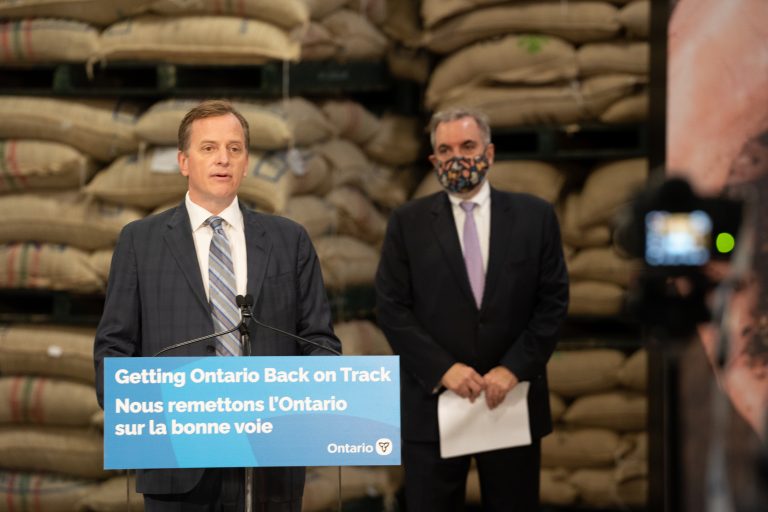The explosive growth of the single serve coffee category underlined consumers’ interest in convenience and quality.
The single serve story is well-known on kitchen countertops across North America. NCA data points to a steady rise in single-serve coffee preparation among US consumers until 2014, followed by two years of sudden up and down patterns around an apparent plateau.
After a generation of attention to the mantra of reduce, reuse and recycle, some consumers remain uncomfortable with a category based on throwing out food waste encased in plastic. In response, brands continue to develop solutions that will minimize waste and through innovative packaging solutions.
When communicating these developments to consumers, brands must always communicate with complete transparency – or risk not only alienating consumers, but also attracting scrutiny from the Federal Trade Commission (FTC). The FTC and some state attorneys general are increasingly calling out brands on greenwashing claims. The key document for the FTC’s greenwashing fight is its “Green Guides.”
The Green Guides were issued to help marketers ensure that the claims they are making are true and substantiated. The guidance they provide includes:
- Which general principles apply to environmental marketing claims
- How consumers are likely to interpret particular claims and how marketers can substantiate these claims
- How marketers can qualify their claims to avoid deceiving consumers.
The most recent FTC Green Guides update in 2012 included important changes on terms that the FTC finds may be misleading to consumers.
Recyclable claims for single serve pods may undergo scrutiny for two reasons.
The first is uneven consumer access. The FTC requires an unqualified claim to be one that 60% or more of the consumers being marketed to can actually adopt. Brands focused on local areas and regions with strong recycling programs in place, such as much of the West Coast, are on firmer ground than those focused on some other regions.
The second issue is the type of plastic used – and whether the plastic will make it into the system at all. Many recycling facilities use a variety of processes to get small, light items out at the beginning of their processes. For example, the incoming plastics may be bounced along tables or inside drums that have holes large enough to divert the small items off to the landfill.
Is plastic recycling of single serve pods the way forward? New innovations in the packing industry may change the perception of regulators and consumers.
Club Coffee is sponsoring the upcoming NCA webinar, Single-Cup Brewing 2016: Plateau or Potential? on August 18, 2016 1:00 – 2:00pm EDT. (Free for NCA members)
Learn more about Club Coffee’s PURPOD100®, or join the conversation on Twitter using #PURPOD100
As posted on National Coffee Association



